Facing the music: Australian record label Blue Pie Records denies unauthorised use of songs
Big name artists like Bon Scott and Fraternity have been caught up in a music scandal rocking Australia.
EXCLUSIVE
It’s 2006 and Ann-Marita Garsed, in her early 20s, thinks her dreams are coming true and materialising right before her eyes.
The Norwegian artist’s songs are finally taking off after travelling to Australia and the US.
An Australian music label called Blue Pie Records has just reached out to her asking to include one of her songs in a charity compilation to benefit hurricane victims and Ms Garsed enthusiastically says yes.
It’s a seemingly tiny decision that has come back to haunt the artist for the following two decades.
“For a while there I was very enthusiastic about submitting music to opportunities,” Ms Garsed recalls to news.com.au from her California home. “This was one of the ones that went completely wrong. I’d never imagined that this would be going on 17 years later.”
Blue Pie Records asked her to send her CD with her whole album on it, and they would extract the song from there. But what they actually did, she claims, is distribute some of her songs on the album without her consent or knowledge.
Ms Garsed was on the cusp of signing over exclusive rights with another record label when they discovered her music was already online under the name of Blue Pie and angrily ended the deal.
A news.com.au investigation has found she is not alone, with artists from Australia, the UK and the US making similar claims about the music company, headquartered in Moss Vale, in NSW’s Southern Highlands.
Blue Pie Records – a multimedia company involved in music production, licensing, publishing and distribution and with a number of entities including Blue Pie Records USA LLC, Blue Pie Productions USA LLC, Blue Vault Digital, Blue Pie Meta Data Services, Meta Data Content Services and Ordior Meta Services in both the US and Australia — has denied the claims. It said some allegations were misunderstandings while for other cases, they had the rights to the music.

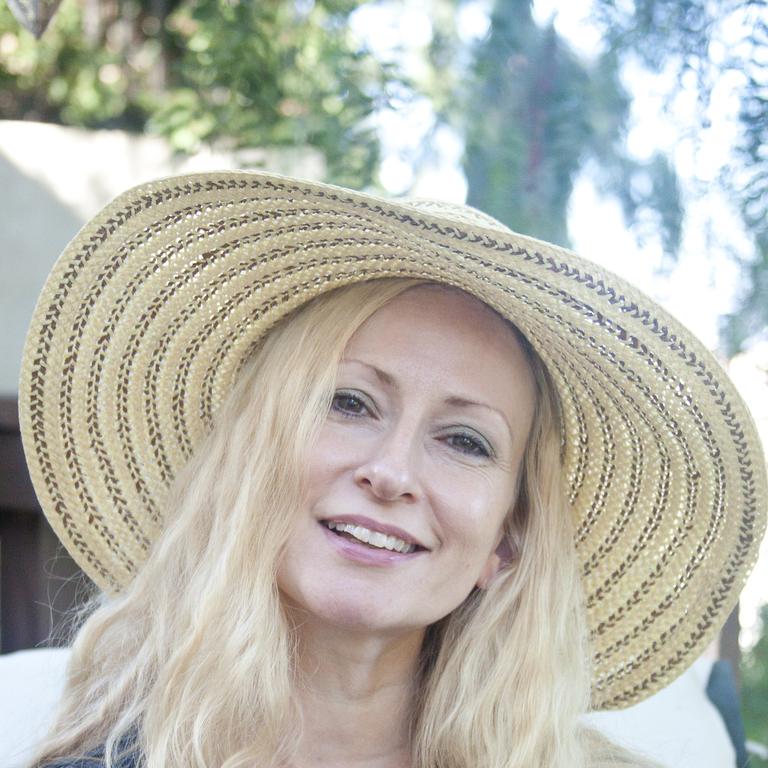
News.com.au knows of one artist who changed his stage name to escape the reputation he gained through working with Blue Pie, while another claims he missed out on a US$7000 exclusive record deal because the company had posted his music all over the internet.
A third artist claims she has been owed money for years. Blue Pie said it was unaware of this until now.
In the case of Ms Garsed, it was more than a decade before they removed her music from the site.
“It’s like you’re stuck with it (Blue Pie) for life. It left a bad taste in my mouth and a lot of distrust,” Ms Garsed lamented. “I’m terrified that this is going to happen again.”
The sole director of Blue Pie Records, Damien Reilly, admitted the company had dealt with her situation “horrendously” and said the Covid-19 pandemic delayed their response.
“She was right to be upset and we are sorry for this happening,” he said.
It’s not just indie artists who claim their music was used without their permission.
Some big names have also accused Blue Pie of falsely representing them, including the Bon Scott estate, Fraternity and Wolfmother.
Do you know more or have a similar story? Get in touch | alex.turner-cohen@news.com.au
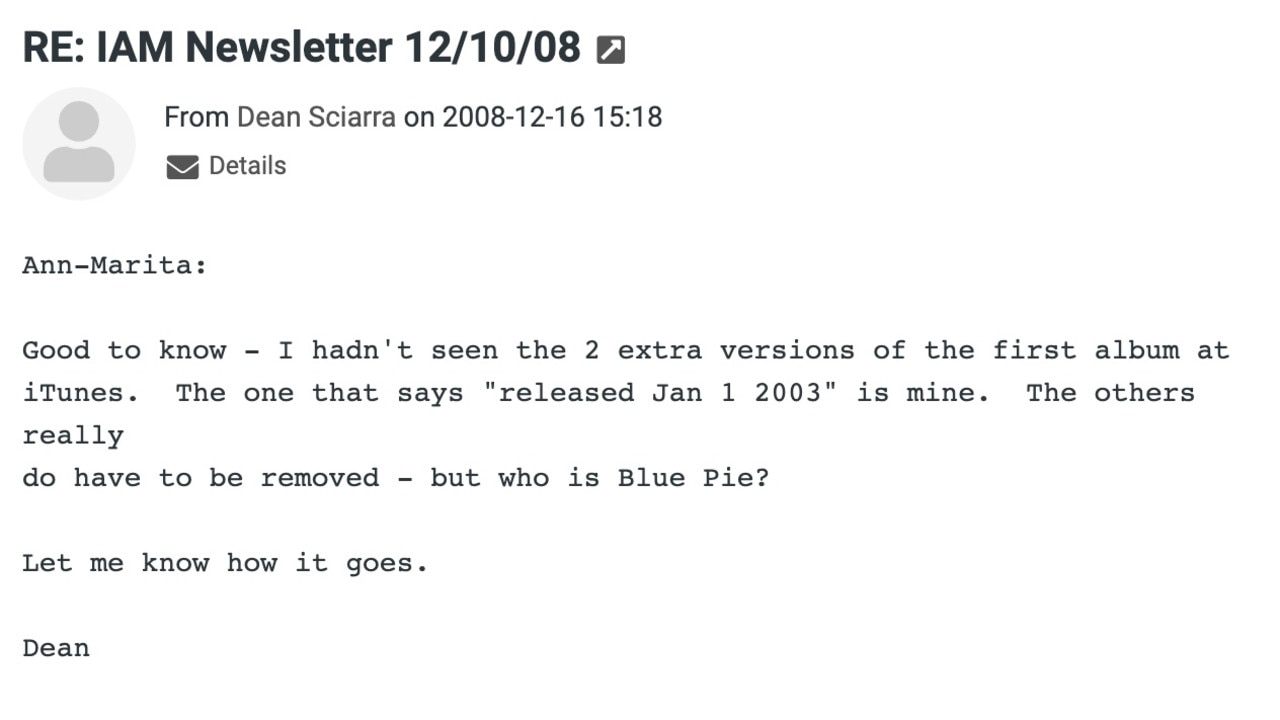
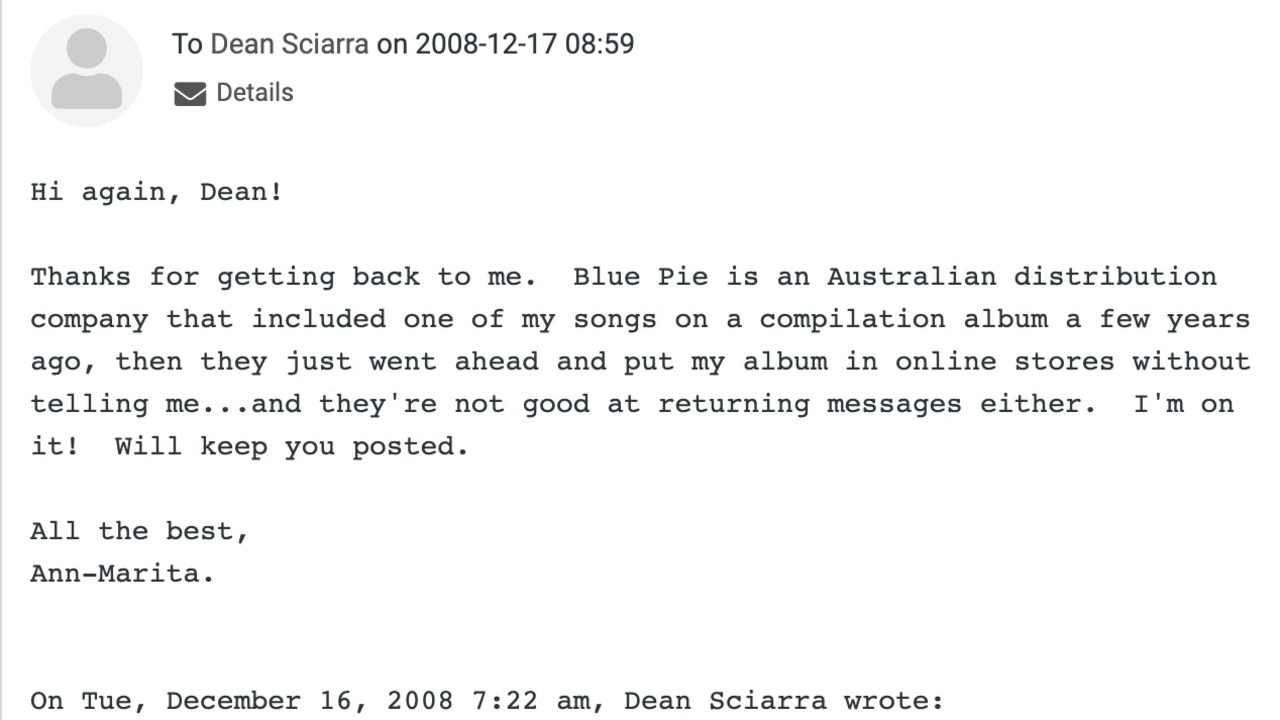
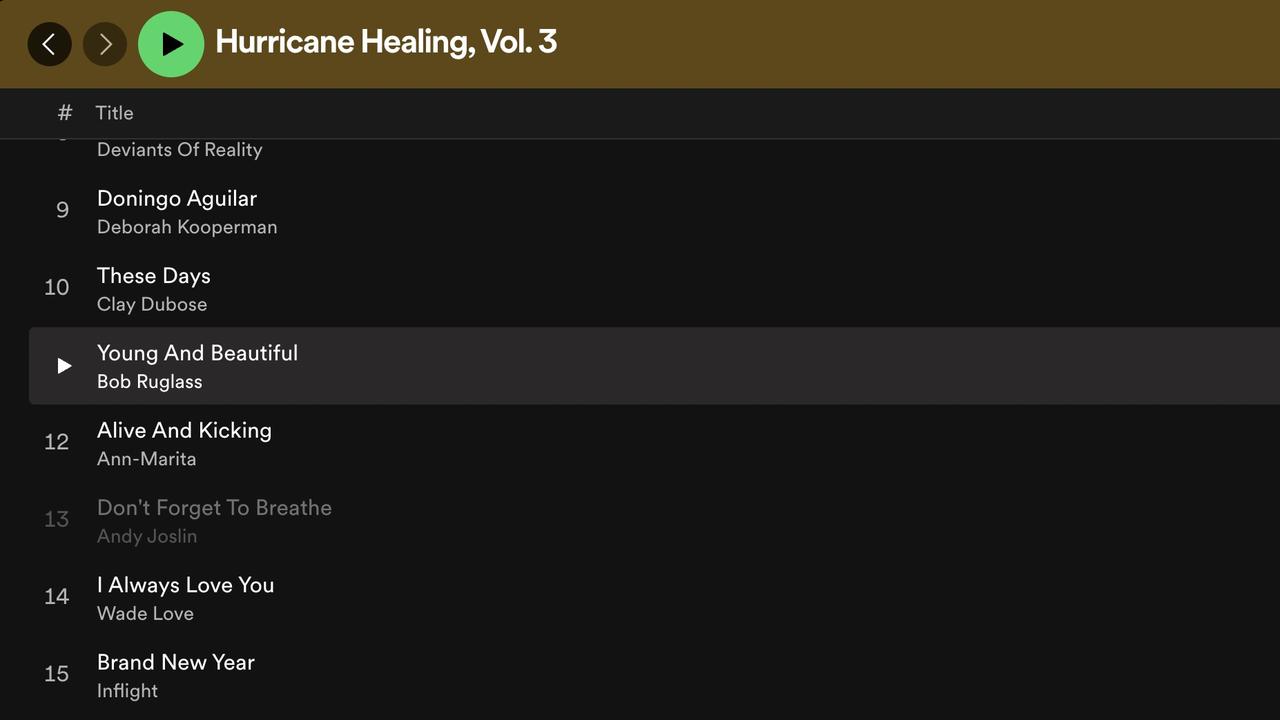
On the Blue Pie Records website, the company claimed in 2021 “Bon Scott is an exclusive Head Office Records & Blue Pie Records USA artist. Bon Scott is published by Blue Pie Publishing USA and Blue Pie Records”.
But the company that manages the Bon Scott estate, Sonic Rights Management, wholeheartedly rejected this claim.
“Blue Pie has never had any relationship, association or affiliation with either Bon Scott personally or his Estate,” Sonic Rights said in a statement to news.com.au.
Mr Reilly said the exclusive rights claim was a mistake as the Blue Pie website was going through an update and it has since been corrected.
In a newspaper article in 2021, Mr Reilly claimed that an affiliate company of Blue Pie called Ordior was reclaiming lost royalties for Bon Scott and Aussie hard rock band Wolfmother.
Wolfmother’s booking agent told news.com.au he had never heard of Blue Pie.
At the time the article was published, Blue Pie claimed to have been in discussions with Wolfmother but said the rock band later decided to go elsewhere.
Blue Pie also reached out to The Grape Organisation in 2019 asking to licence Aussie 1970s rock band Fraternity.
But after turning down the offer, The Grape Organisation noticed some of Fraternity’s music on the Blue Pie site and fought to have it taken down.
Blue Pie claimed that they had not received proof of The Grape Organisation’s rights over Fraternity.
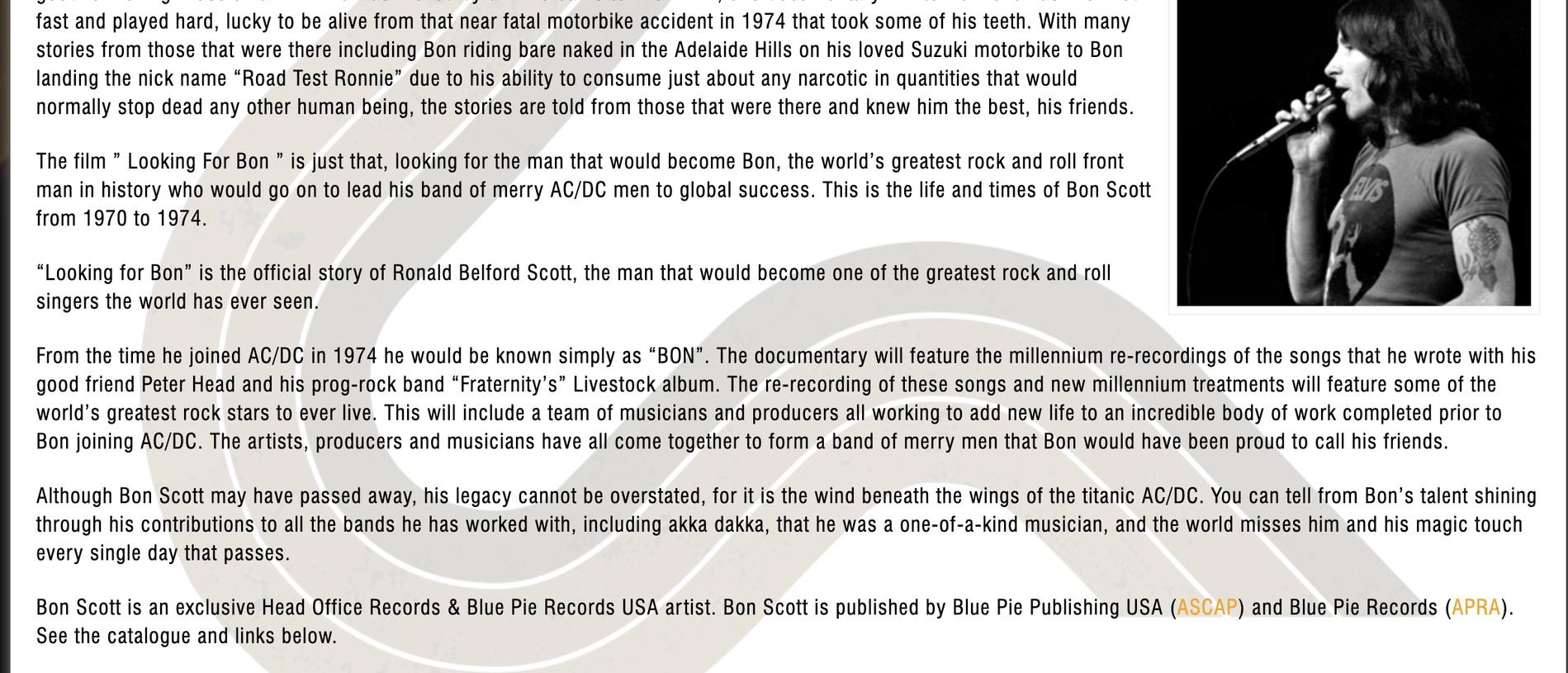

‘Copyright Cowboyism’
News.com.au has also spoken to several former Blue Pie staff members on the condition of anonymity.
One employee described the company’s actions as “copyright cowboyism”.
“It was so difficult working there, you could hear artists complaining (about their music being used),” James, who worked there during the pandemic, told news.com.au.
Meanwhile, UK artist Alex Martin said he changed his performing name from The Outsider to Alexander Joe Winterbone to distance himself from Blue Pie.
“I had to change my name,” Mr Martin told news.com.au from northern England.
“I quit music altogether, I went back to cheffing and I got the hell away.”
He did a music video with Blue Pie in 2005 but claims that afterwards he had film producers chasing him over unpaid bills. He said the agreement was for Blue Pie to pay.
“I couldn’t get a gig in Sydney, my name’s mud,” he said, adding that he moved to Tasmania, and then eventually moved back to the UK.
Mr Martin said Blue Pie also asked him for a demo tape, which he sent, all 4.5 hours worth of songs. Later, he realised his demos had been posted onto Blue Pie’s website and other distribution channels.
“They were demos, they weren’t finished,” Mr Martin said.
Another artist, Phil Munro, claims he had a similar experience in the early 2000s after being asked to send through some remixes to the Aussie music company.
“Later on I found that Blue Pie had released those without my permission,” he told news.com.au.
“Anyone who listened to it would think ‘they sound like sh*t’. They weren’t meant to be for release. It’s pretty poor form.”
In both cases, Blue Pie Records said it was unaware the artists were unhappy and welcomed them to contact the company.
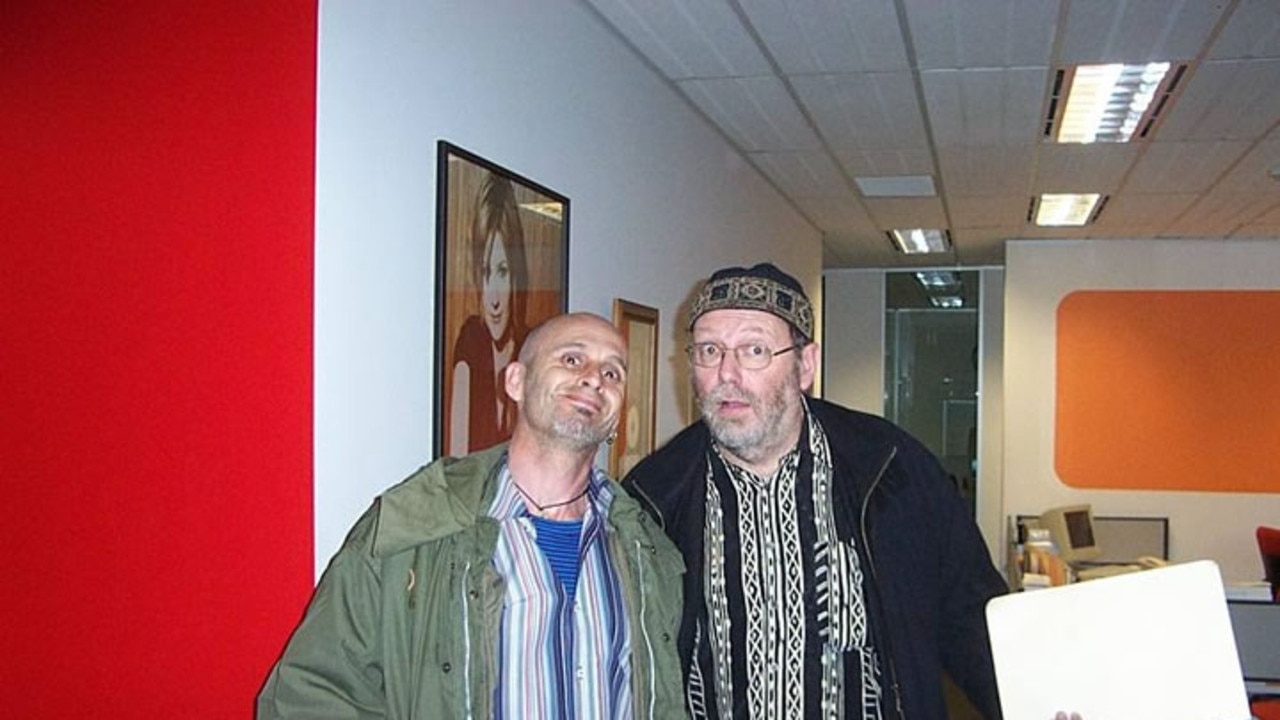

Andrea Marr, an Australian artist, regrets spending $10,000 on a deal with Blue Pie Records.
Ms Marr said she leapt at the opportunity in 2014 to pay the record label the money, where they would do all the marketing, promotions and producing for her songs.
“I thought that was a good deal,” she said to news.com.au.
But instead of helping her make her own music, she claims the label asked her to sing a remix for an artist in the US. She had to pay for the recording studio out of her own pocket, on top of the $10,000 she’d already paid.
And the kicker? “They never recorded my songs,” she claimed.
They did create a website for her, albeit one she called “horrible”, which created complications for her domain name.
“For years now I’ve been trying to disentangle myself from them. It’s been such a long, awful experience,” she said.
Blue Pie Records claimed it was an amicable separation and never received an invoice for her studio costs. The company also said she moved to another record label and so they were unable to fulfil the rest of her contract and record more songs. Ms Marr disagrees.
After news.com.au contacted Blue Pie Records, they finally paid her back the $400 she was owed for recording costs going back almost a decade.


Frank Rogola, a US musician, tried to take action against Blue Pie Records but he was told he would have to launch a civil suit, which he can’t afford to do.
He said Manhattan Records – “one of the biggest records in the world” – approached his band to get the rights to their music.
A band member had recently died and Mr Rogola was pleased that they would be able to send part of the $7000 deal to the widow.
“I thought I’d better double check before we do this,” he recalled to news.com.au. It’s here he found his music all over Blue Pie Records.
Had Manhattan Records discovered this, “they would have thought I was lying to them. It would have ruined my name in the business”.
In the end he had to bow out of the deal.
Blue Pie admitted they did not have a “direct relationship” with Mr Rogola as he had licensed some songs to a third party with links to them.
“We have since taken all content down and are not aware of any other issues,” Mr Reilly said.
“These matters can happen between labels that have titles in their catalogues with many copyright holders.”

News.com.au also spoke to Billy Lofton, another aggrieved artist from the states living in Sydney.
A severance letter he showed to news.com.au reveals he attempted to terminate his contract with Blue Pie in 2009, but his music is still on the site.
“I want nothing to f*cking do with you,” he said of Blue Pie. “I went to a lawyer to get my stuff back, they’re still putting my stuff up, even my new stuff.”
He claims his music videos and even professional photos he’s paid for himself have ended up on the website.
Blue Pie Records said all Mr Lofton’s songs on their site are under an active contract and that they were not aware he was unhappy.
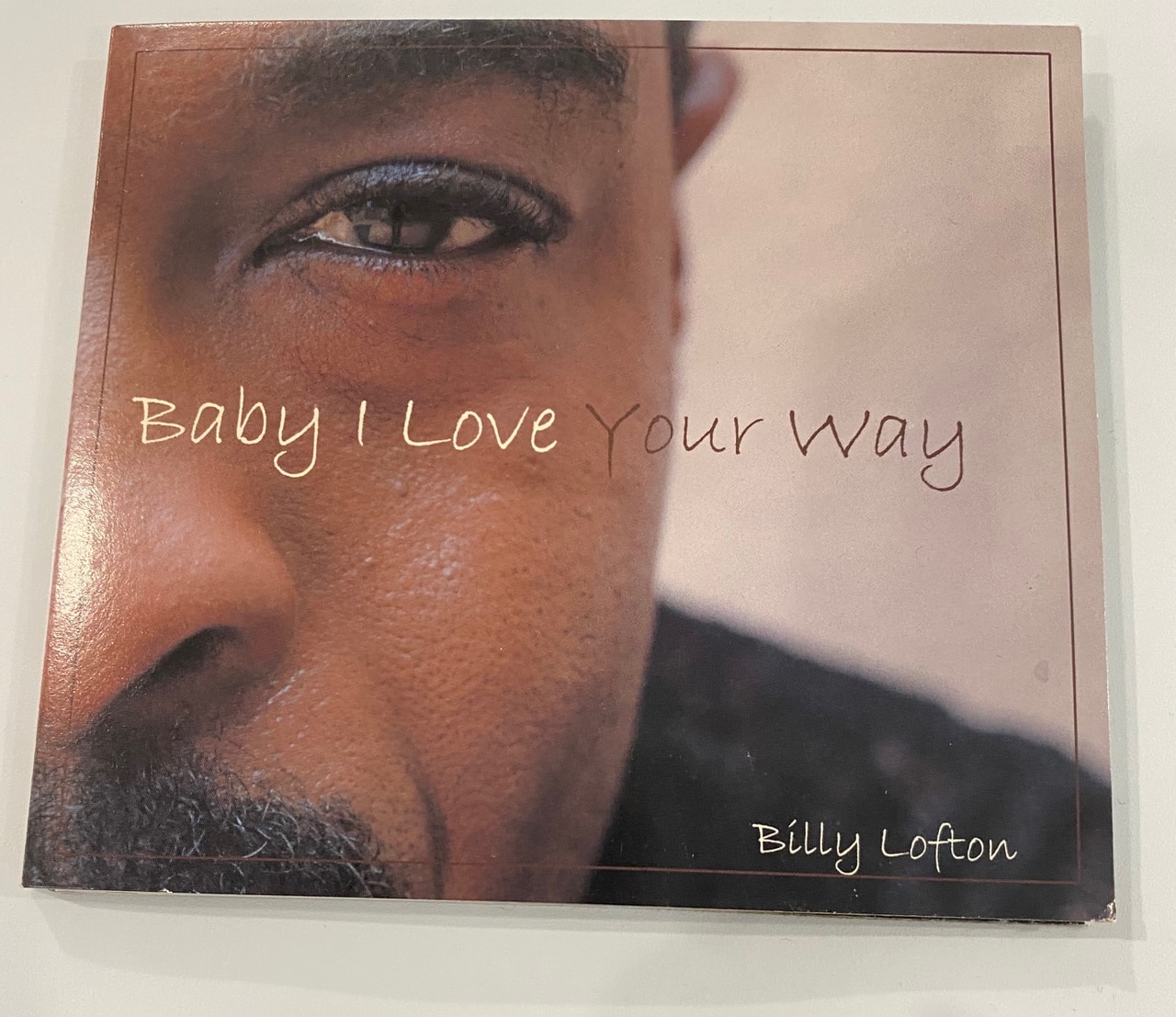
Sporadic cheques
Artists have also raised concerns about their royalty payments coming infrequently, if at all, such as Peter Noone, an English 1960s pop singer.
Blue Pie “sporadically sends me a cheque …. Last one was 10 years ago,” he said in an email seen by news.com.au.
“Somehow I got involved with this Blue Pie mess and have spent hundreds of dollars trying to extricate myself.”
Then there’s Olanrewaju Obisesan, who uses the name Lanre for his music, who signed with Blue Pie in 2007.
“I’ve never gotten a cheque for my music, for like 15 years,” he told news.com.au.
When he chased them up, Blue Pie said they owed him US$58.
Blue Pie said they had asked him for his details to pay the money but had not heard back.
News.com.au contacted the major music distribution services – Spotify, Apple Music, Google, Soundcloud, Symphonic, Deezer and Amazon – to see what action they could take to stop artists’ music being distributed without their knowledge or permission.
Only Soundcloud responded, saying it “forbids the uploading of unlawful content, such as copyright infringing works, in our Terms of Use and Community Guidelines” and added that it can remove content if it receives complaints.
APRA AMCOS, the Australian royalty collection body, confirmed that Blue Pie Records is a member but referred news.com.au to ARIA for questions about policing copyright infringements.
ARIA said that Blue Pie Records was not currently a member with them and also that it had “little ability” to take action in copyright disputes, as all the responsibility lay with the musician holding the rights.
The US music body, called ASCAP, did not respond to requests for comment.
alex.turner-cohen@news.com.au






